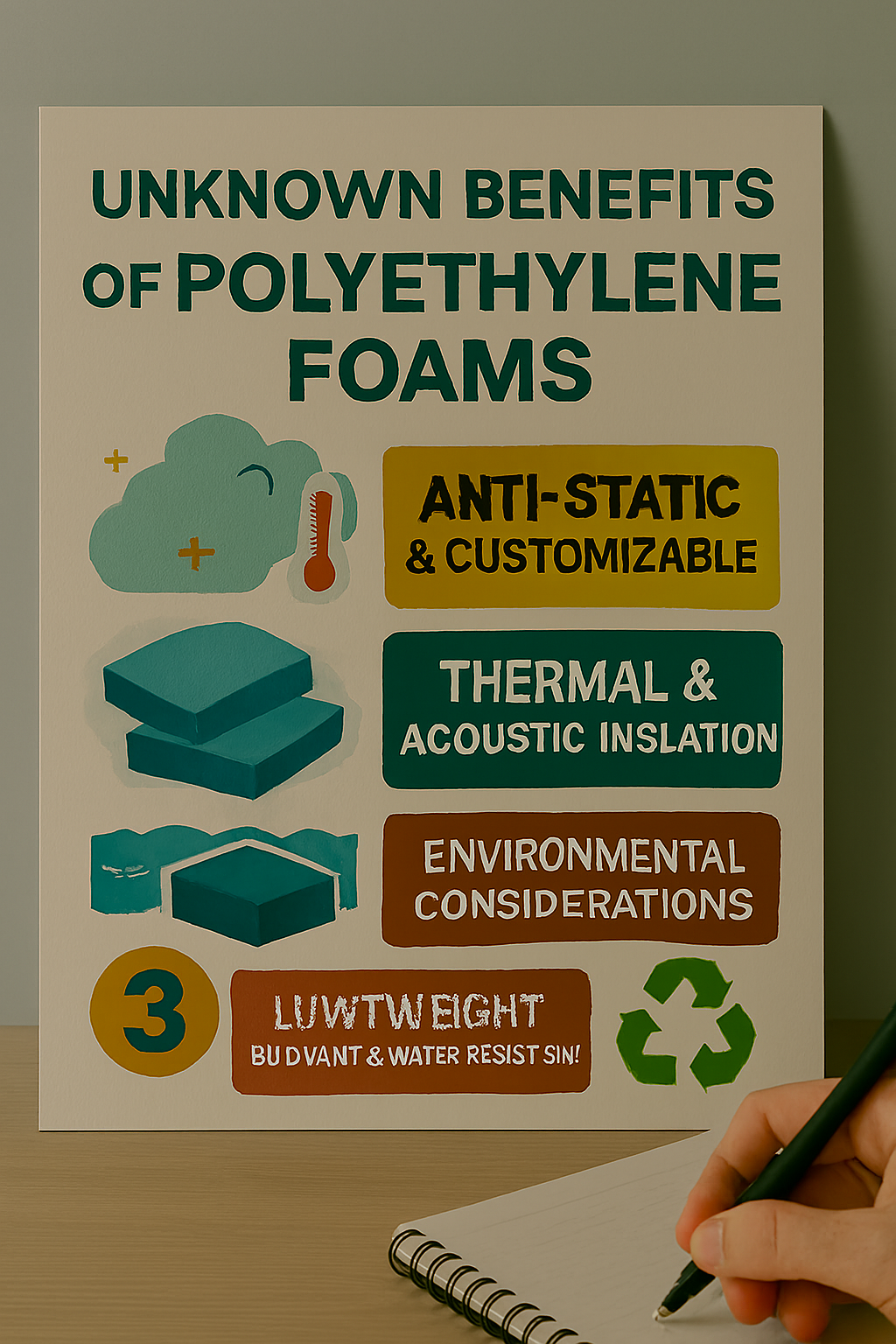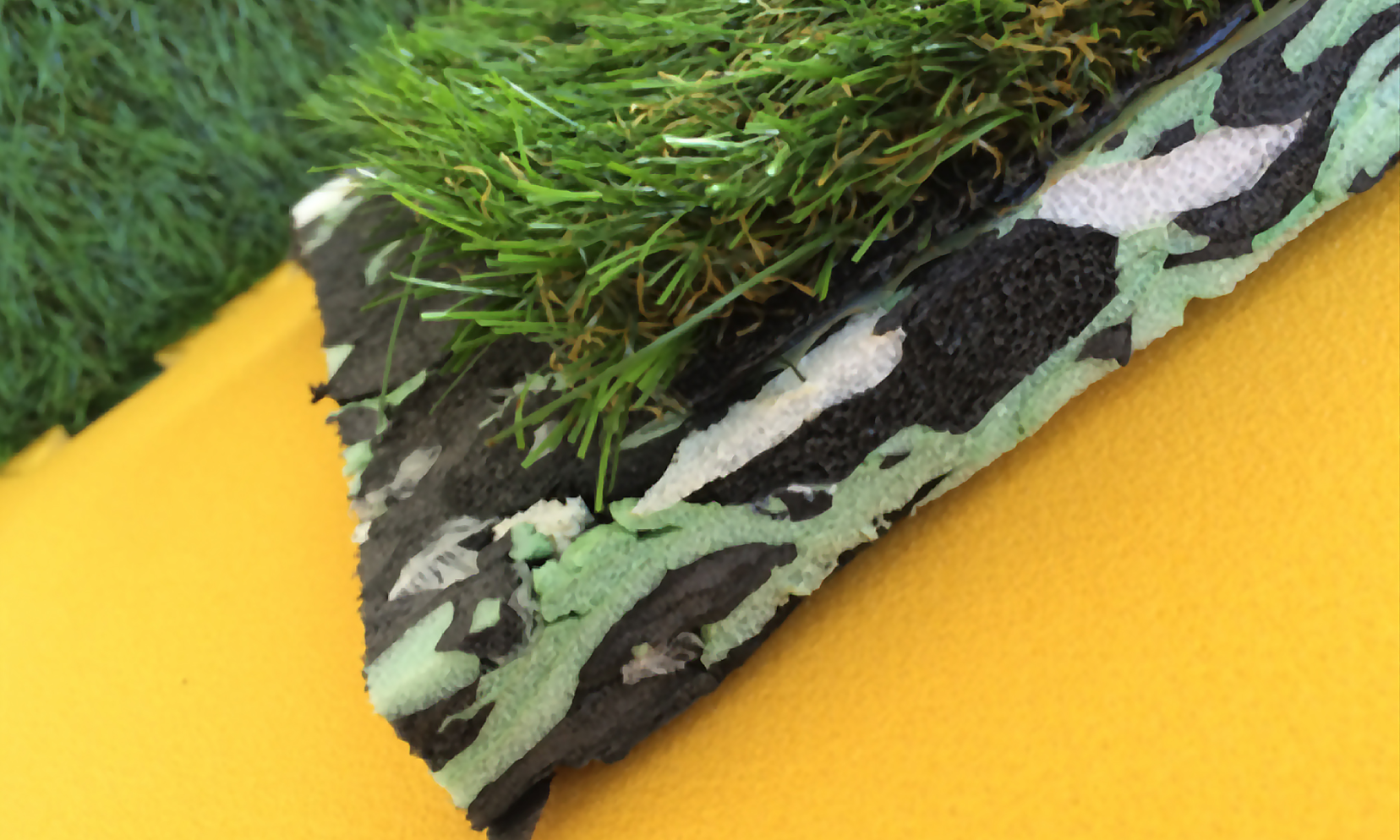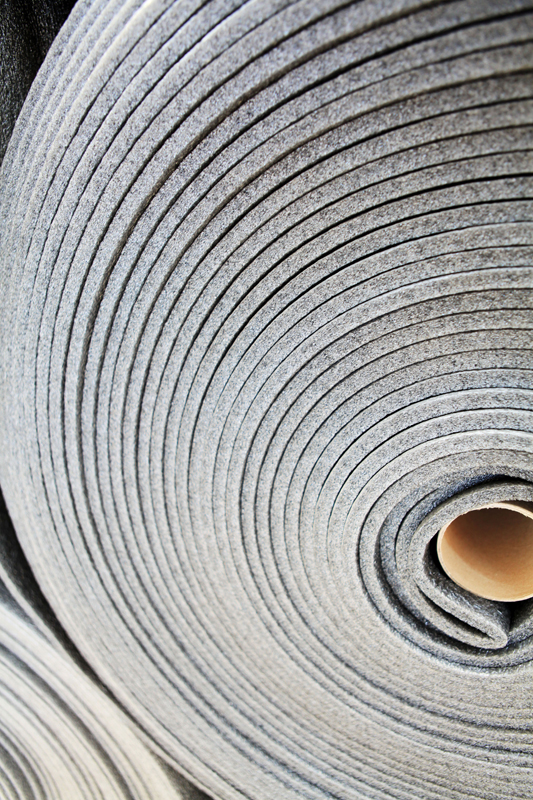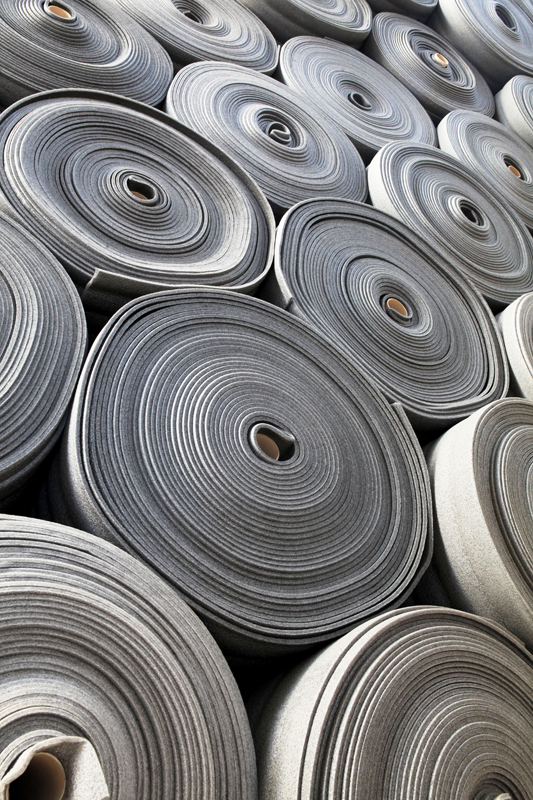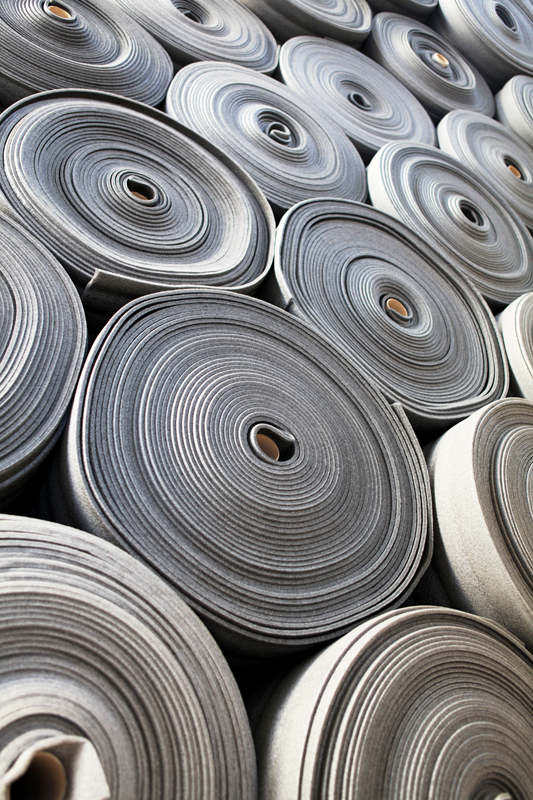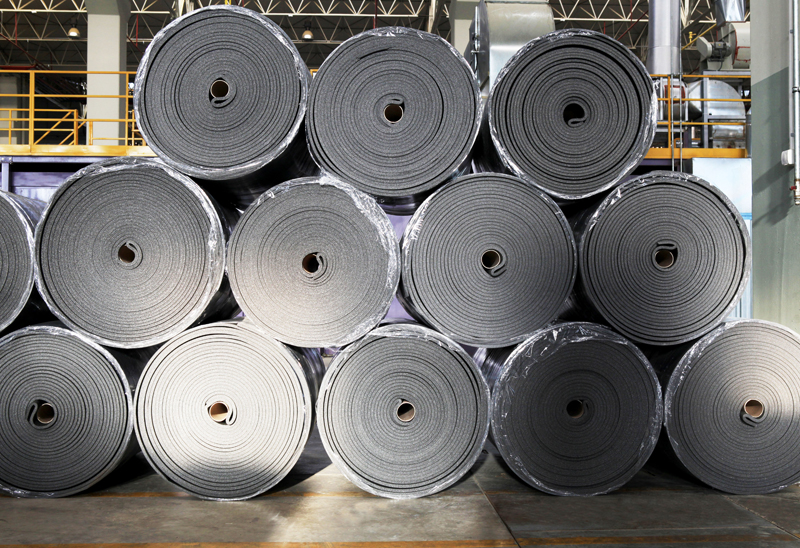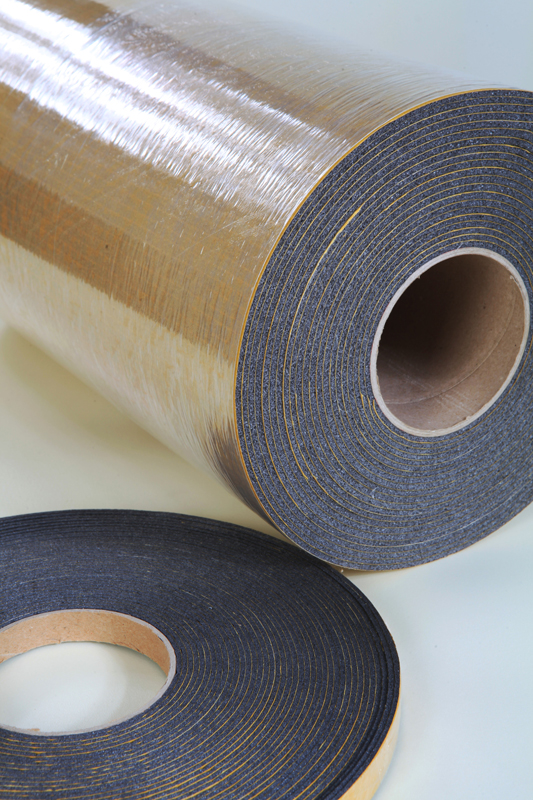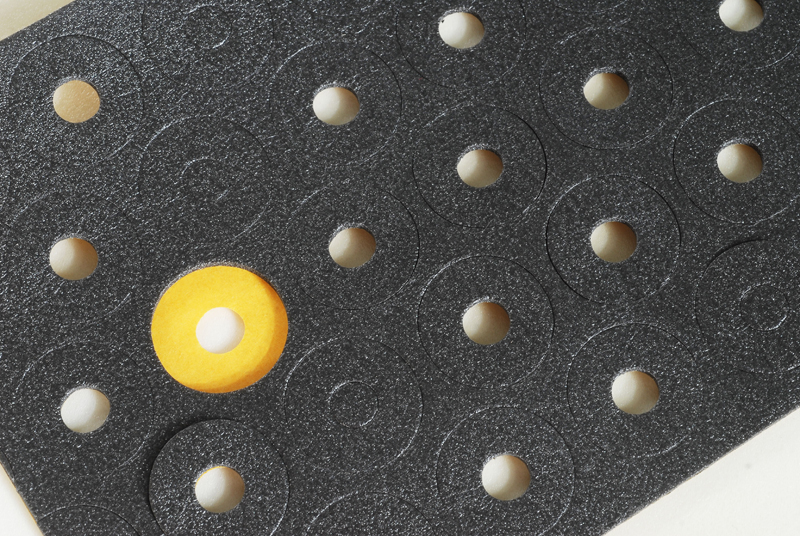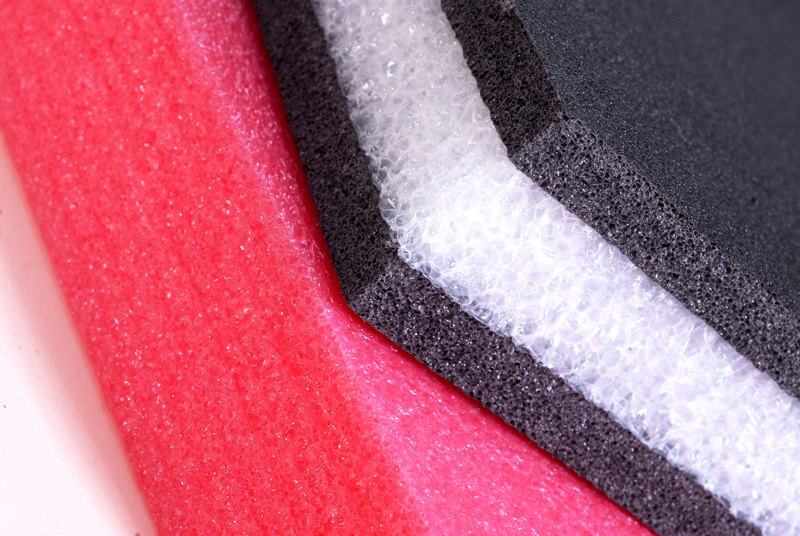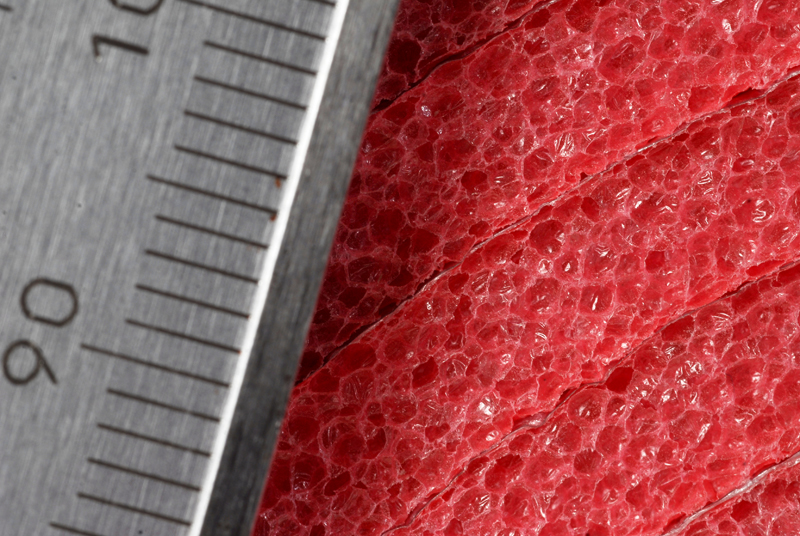A Hidden World Beyond the Obvious 😊
Hey there, friends!
Over the years, I’ve explored countless materials for home improvement and industrial applications—but one material that kept surprising me was polyethylene foam. While many people recognize this versatile material for its basic cushioning and insulation qualities, my deep dive into its properties revealed a plethora of unknown benefits that often go unnoticed. Today, I’m excited to share my research findings, personal experiences, and a few fun experiments that showcase these hidden secrets. Trust me—once you learn about these benefits, you might just see foam in a brand-new light! 😊
The Hidden Benefits: Beyond Conventional Uses
When I first started researching this topic, I assumed that the main advantages of polyethylene foam were limited to basic insulation and cushioning. However, I soon discovered that this material offers a range of benefits that extend far beyond the obvious. For instance, its excellent pe foam quality is not only ideal for shock absorption but also plays a critical role in vibration dampening – a feature that can drastically reduce wear and tear on delicate devices and machinery.
Furthermore, many do not realize that physically cross linked polyethylene foam offers enhanced thermal insulation properties. This means that beyond keeping your home cozy in the winter and cool in the summer, it can significantly reduce your energy bills—an unexpected bonus when you consider its low density and lightweight design. Even more impressively, when exposed to chemicals, this foam shows remarkable resistance, meaning that it can be safely used in environments where spills or corrosive substances might otherwise cause damage.
Unknown Eco-Friendly and Health Benefits
One aspect that really caught my eye is the eco-friendly nature of polyethylene foam. Not only is it non-toxic and odorless, but its closed-cell structure also helps inhibit the growth of bacteria, mold, and mildew. This makes it an excellent material for applications in mattresses, furniture, and even clothing padding. According to a recent article published by SmartShield Packaging, the benefits of polyethylene foam extend to improving indoor air quality and contributing to a healthier living environment. This discovery truly resonated with me because it shows that simple materials can contribute to sustainability and well-being simultaneously! 😊
Real-World Applications and Personal Experiences
I’ve experimented with polyethylene foam in a variety of home projects, each time uncovering a new benefit. For example, in one project, I used foam to create custom-fit padding for my home workshop. The result was not only a noticeable reduction in noise levels but also improved safety for delicate tools. In another venture, I replaced worn-out insulation in my attic with pe foam inserts—this quick fix not only enhanced thermal regulation but also provided an unexpected boost in overall energy efficiency.
And here’s something really cool: while working on a craft project, I discovered that cutting and shaping foam is incredibly easy due to its flexible nature. This allowed me to create intricate decorative components for a custom lamp design that turned out to be both artistic and functional. Moments like these remind me why I love using versatile materials like chemically cross linked polyethylene foam—its adaptability sparks creativity in ways I never imagined.
Comparative Insights: A Table of Unknown Benefits
To make sense of the many benefits I discovered, I put together a table that compares some of the key properties of polyethylene foam with alternative materials. This table highlights aspects such as thermal insulation, vibration dampening, chemical resistance, recyclability, and overall durability.
| Property | Polyethylene Foam | Alternative Materials | My Observations |
|---|---|---|---|
| Thermal Insulation | Excellent at reducing energy loss | Moderate performance | Works wonders in attics and walls |
| Vibration Dampening | High shock absorption and resilience | Often less effective | Protects fragile equipment efficiently |
| Chemical Resistance | Resists solvents, chemicals, and UV rays | May degrade faster under exposure | Ideal for industrial and kitchen use |
| Recyclability | Increasingly recyclable with modern tech | Varies by material | Boosts eco-friendly home projects |
| Durability | Long-lasting even under stress | Subject to wear and tear | Stands out in high-impact areas |
Eco and Economic Benefits: A Deeper Dive
Beyond performance, the unknown benefits of polyethylene foam extend into ecological and economic realms. This material’s closed-cell structure not only limits water and air permeability but also contributes to reducing greenhouse gas emissions by improving energy efficiency—a win for both homeowners and the environment! 😊 Moreover, its cost-effectiveness, when measured over time, is quite impressive. The durability of polyethylene foam means fewer repairs and replacements, which saves money and reduces waste.
I also discovered that, unlike many other materials, pe foam is highly versatile in its applications—from being used in sports equipment for shock absorption to protecting valuable artwork from vibrations. This wide range of uses is a testament to its underrated potential.
Integrating Technology for a Better Future
One fascinating area of innovation is the integration of advanced manufacturing technologies with foam production. Cutting-edge techniques are now enabling manufacturers to enhance the properties of physically cross linked polyethylene foam, making it even more resilient and customizable. This progress not only opens up new commercial avenues but also creates opportunities for sustainable production methods—which is something I am particularly passionate about. 😊
Location Insight: Where the Innovation Begins
Curious about where these innovative foam solutions originate? I recently visited a leading foam manufacturer to see the process firsthand. Being on-site reminded me how modern technology and traditional methods blend to create superior polyethylene foam solutions that are not only highly durable but also environmentally sound.
Final Thoughts: Embracing the Unknown for Greater Possibilities
In conclusion, my journey delving into the unknown benefits of polyethylene foams has been nothing short of eye-opening. From improved thermal insulation and vibration dampening to its eco-friendly profile and long-term cost effectiveness, this material offers so much more than meets the eye. Whether you’re a DIY enthusiast, a business owner, or simply curious about innovative solutions, I hope my firsthand experiences and detailed research inspire you to explore the endless possibilities of polyethylene foam even further.
Remember, sometimes the most transformative benefits lie hidden beneath the surface—much like this versatile foam that continues to redefine innovation in both home and industrial applications. Embrace these unknown benefits and let your creativity soar! 😊👍
You should also read these…
- beofme.com – spin the wheel the most fun way to choose anything
- huesly.com – forgot tiktok password step by step recovery guide
- surgeblog.com – no live option for tiktok business accounts
- closedad.com – keratin extensions im test langlebigkeit qualitat
- axtly.com – reducing energy costs thermal insulation benefits
- surgeblog.com – tiktok compatibility issues ios vs android
- olddry.com – error code 2 on login fixed when switching to mobi
- hogwar.com – video and upload problems and solve method on tikt
- surgeblog.com – how to use a wheel spinner for instant fun and fai
- hogwar.com – why does tiktok music library differ by region


